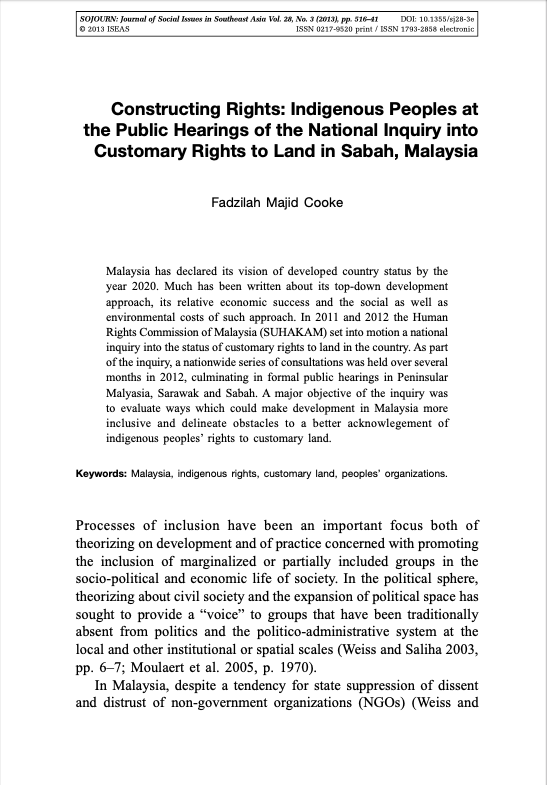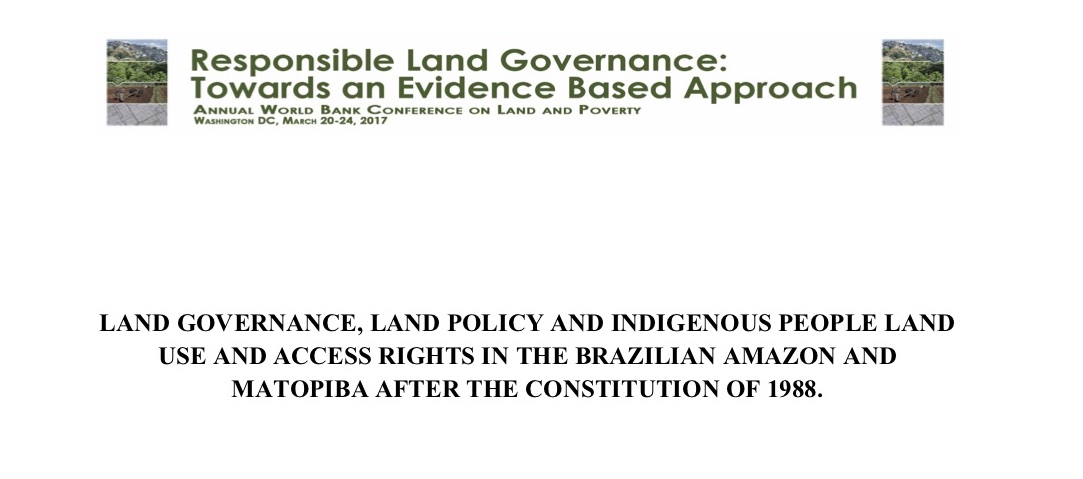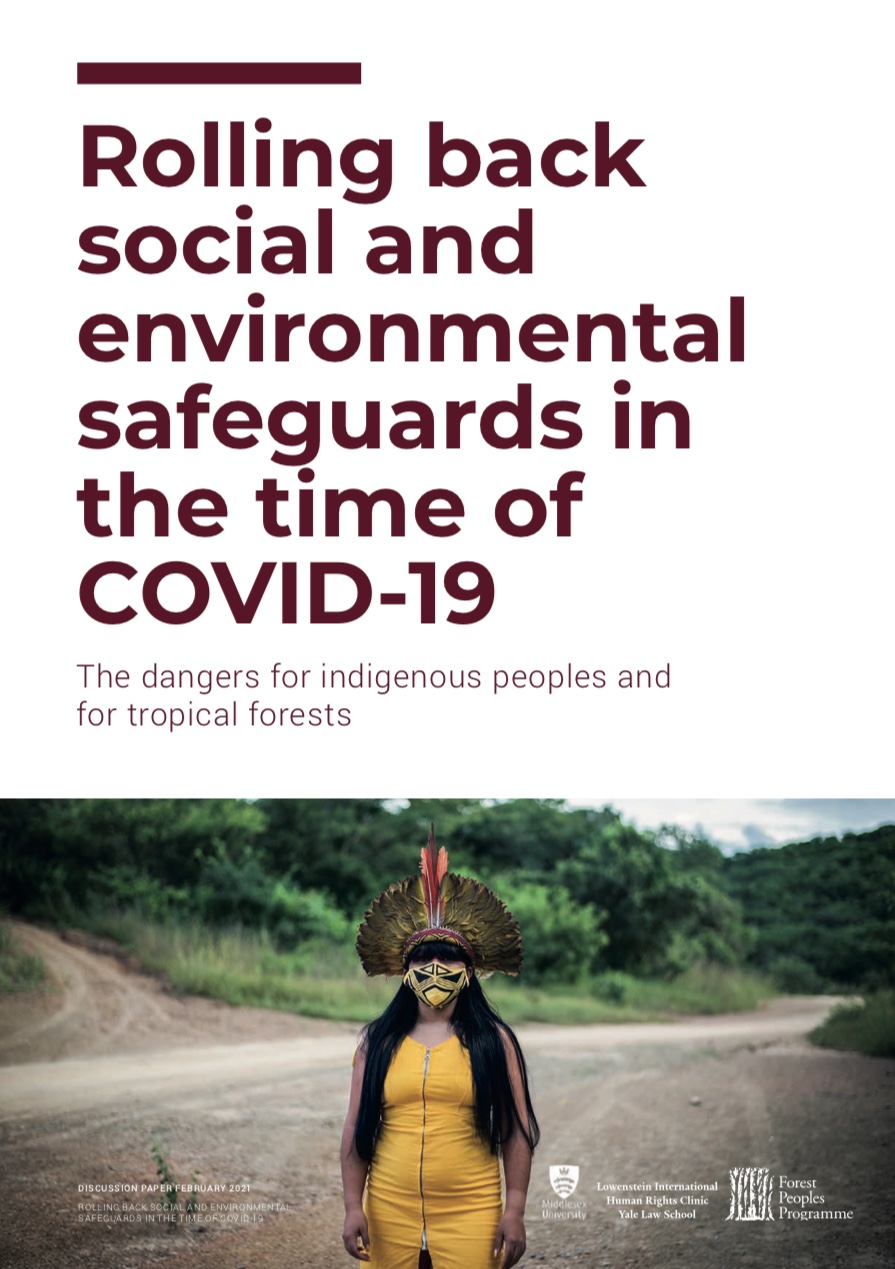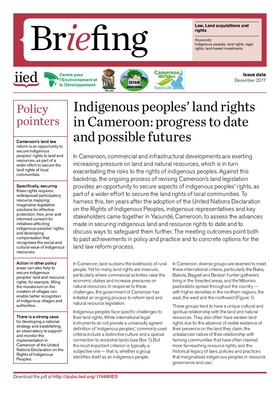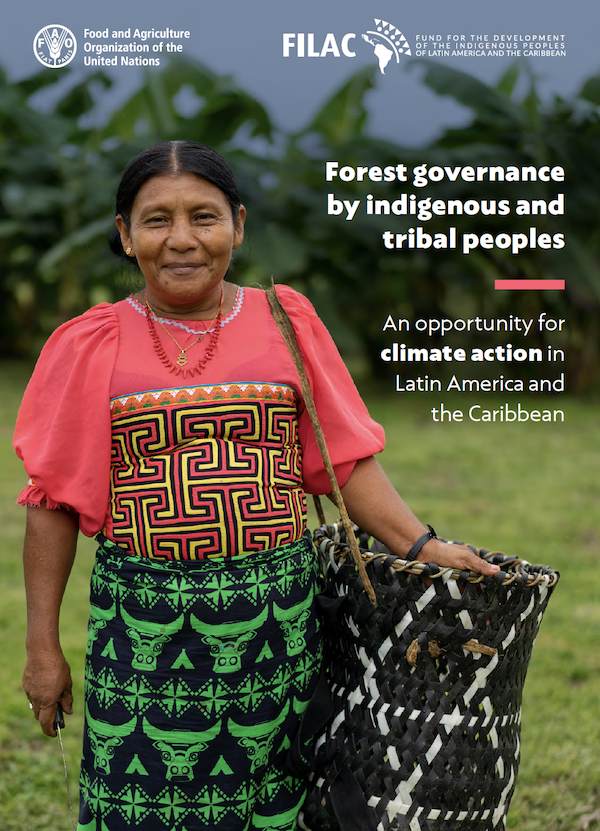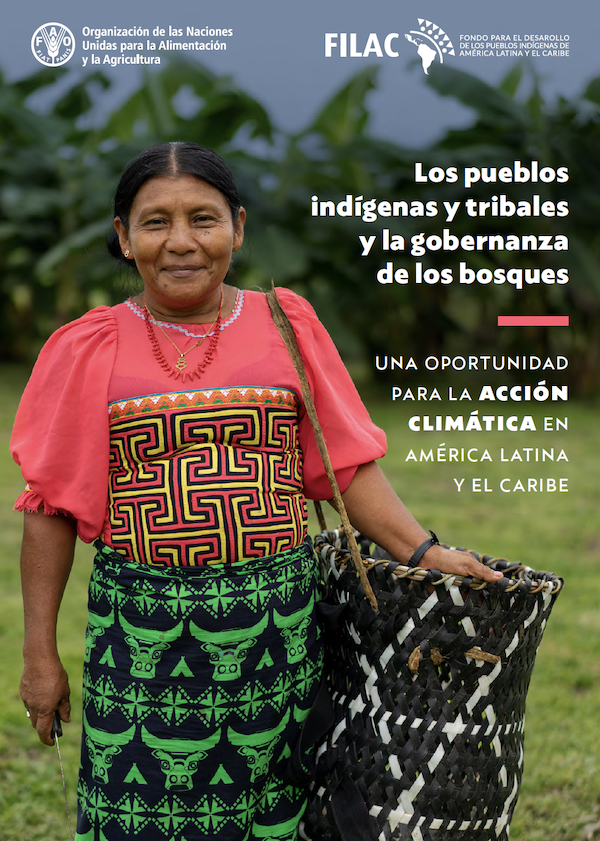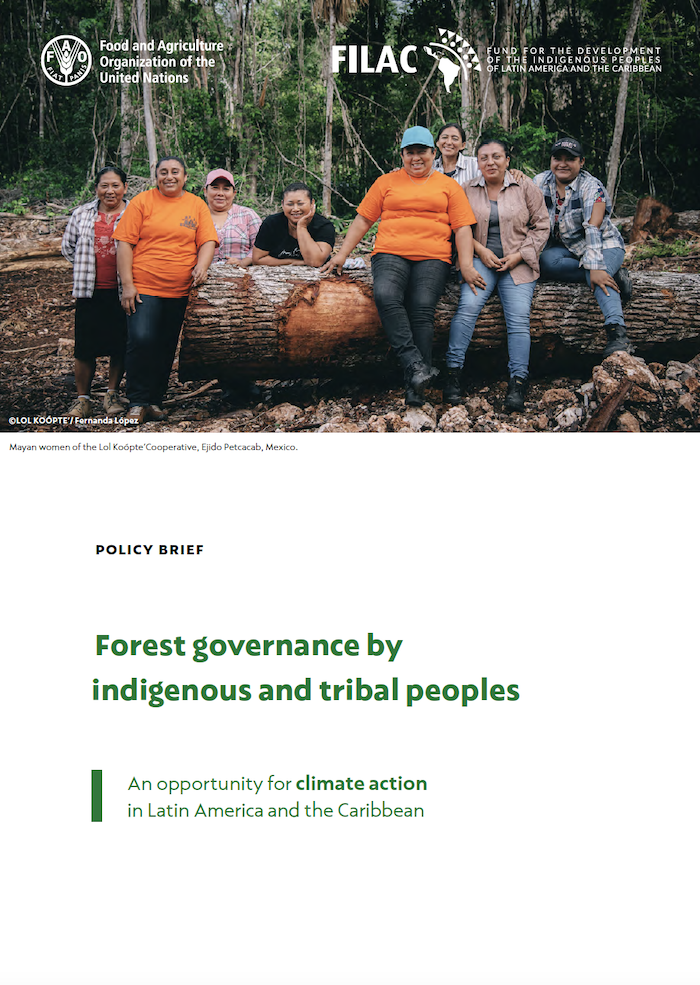Constructing Rights
Malaysia has declared its vision of developed country status by the year 2020. Much has been written about its top-down development approach, its relative economic success and the social as well as environmental costs of such approach. In 2011 and 2012 the Human Rights Commission of Malaysia (SUHAKAM) set into motion a national inquiry into the status of customary rights to land in the country. As part of the inquiry, a nationwide series of consultations was held over several months in 2012, culminating in formal public hearings in Peninsular Malyasia, Sarawak and Sabah.

